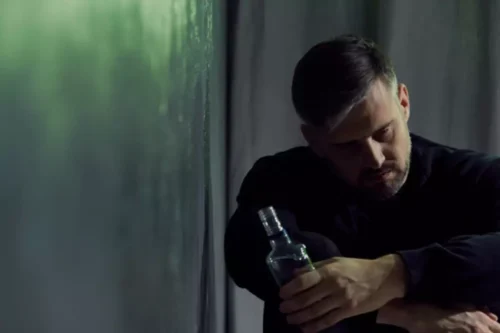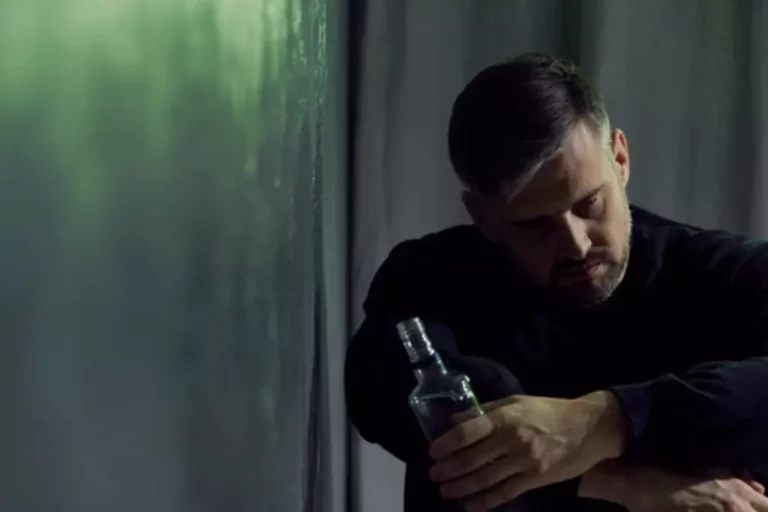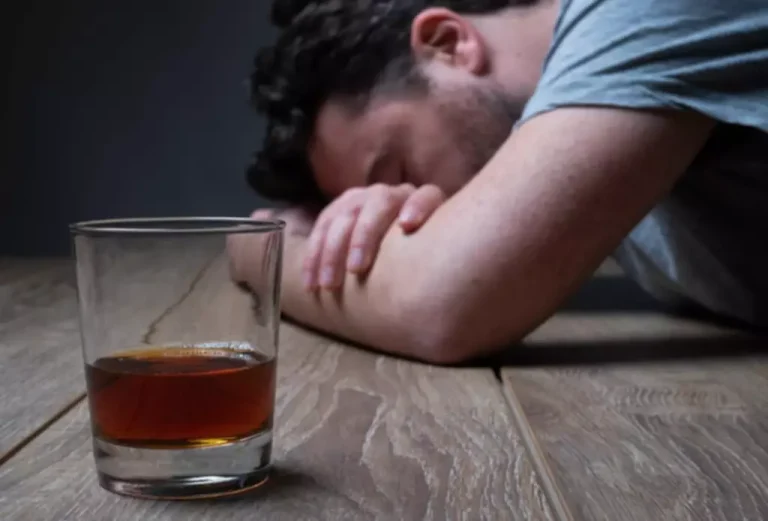
What starts as a drink or two after work every day becomes a routine and addiction. The Recovery Village at Palmer Lake offers comprehensive addiction treatment for drug and alcohol addictions and co-occurring mental health conditions. Recognizing when to seek professional help for managing alcohol consumption is a vital step toward recovery for those struggling with drinking habits.
When Drinking After Work Becomes a Problem

Federal laws protect people who are in recovery for substance abuse and no longer use illegal drugs. But when drugs or alcohol affects how you do your job now, you don’t have that same protection. Estimates indicate that the yearly expenses to employers range from $33–$68 billion, which result from a combination of factors, including lost productivity and healthcare expenses. For example, factors like mental illness, childhood trauma, genetics and family history of alcohol addiction can also increase the risk of an alcohol use disorder. For some employees, these risk factors may make them vulnerable to alcohol addiction, above and beyond anything happening in the workplace. Arielle Castillo, a content producer for a soccer club based in Manchester, England, told me the constant drinking and party atmosphere at a former workplace became so relentless and exhausting that she found another job.

More on Substance Abuse and Addiction
- To set effective alcohol boundaries, it’s essential to understand your motivations for wanting to drink less.
- Hoyman acknowledged that despite these accommodation requirements, there can be a stigma attached to alcoholism that isn’t attached to other ADA-covered conditions.
- Stay up to date with the latest HR news, trends, and expert advice each business day.
- Professional treatment programs and support groups can provide the necessary assistance for those struggling with after-work drinking turning into dependence and addiction.
- Some employers, however, opt for a zero-tolerance policy under these circumstances and immediately suspend and then terminate the employee.
Perhaps surprisingly, over one-third (38%) of Americans believe after work drinks are a good way to bond and strengthen a team. This might have something to do with the relaxed nature of a restaurant or bar as compared to a stressful office environment. Employees can get to know each other on a more personal level, which can translate into working together more cohesively.

Physical Health Risks of Regular After-Work Drinking
Typically held at izakayas or restaurants, nomikai are organized to mark milestones, celebrate successes and foster camaraderie among coworkers, superiors and subordinates alike. Nomikai often includes speeches and can start formally, but as the evening progresses, they become more casual and convivial. Research indicates that after-work drinking cultures are often characterized by norms around drinking patterns, practices, settings and occasions, which are enforced to varying degrees across different societies. These cultures can exist on both macro and micro levels, influencing national drinking behaviors as well as subgroup dynamics within a community. Hydrate before drinking, eat a balanced meal, and prioritize sleep if you know you’ll be having alcohol. Most importantly, give yourself permission to rest and recalibrate after a night out rather than trying to out-train the aftermath.

Most employers sensibly believe that this is none of their business, as long as the drugs don’t impair the employee’s job performance. These problems can include diminished job performance, what is alcoholism lowered productivity, absenteeism, tardiness, high turnover, and increased medical and workers’ compensation bills. “As a nondrinker, I feel that pressure to fit in and not look awkward,” she says.
Research indicates a strong correlation between higher levels of alcohol consumption and higher levels of impaired work performance. Statistically, a positive association between these two factors is far more likely than a negative one, with a whopping odds ratio of 14.00, suggesting a compelling relationship between drinking habits and job efficacy (source). It is essential to recognize that while moderate alcohol consumption may carry some cardiovascular benefits, the line between moderate and excessive is thin, and crossing it can lead to serious health consequences. Long-term alcohol use has been shown to decrease myocardial protein expression and synthesis while accelerating protein degradation in the heart muscle, further contributing to cardiovascular deterioration. Moreover, repeated binge drinking, defined as consuming multiple drinks in a short timeframe, has been correlated with an increased likelihood of developing prehypertension, a precursor to full-blown hypertension.
- This transition from a social activity to a health concern is insidious, often going unnoticed until serious consequences emerge.
- Worrying about whether or not you’re drinking too much—or whether your nondrinking is being noticed or judged—puts additional pressure on workers who already have enough on their plate.
- As many of us return to offices, or contemplate returning, we’re reassessing workplace norms and our needs as both employees and people.
- It can also lead to an irregular heartbeat, known as atrial fibrillation, which can further increase the risk of stroke and other cardiovascular complications.
- It can improve mitochondrial function, reduce oxidative stress, and enhance blood flow in skeletal muscles through better capillarization.
If the employee has a drug problem, one option is to suspend the worker until he or she successfully completes a treatment program. If an employee’s performance is affected by the proper use of prescription or over-the-counter drugs, state and federal disability laws may limit an employer’s options. Depending on how drinking after work the drug affects the employee, and whether the employee suffers from a disability within the meaning of these laws, your company may have to accommodate the employee’s use of the drugs. It’s often a relief to knock back a drink or two after a long day at work, and as an added incentive, happy hour is usually from 4–6 p.m., coinciding perfectly with the end of the workday. After work drinks are the perfect excuse to celebrate the end of a successful project or the start of a big one.
There is nothing wrong with drinking one of these alternatives instead of alcohol. While they may not have the same impact, you’ll come to realize that you don’t need alcohol to cool down after work. Drinking after work can become a problematic situation if a person loses control. Maintaining your control over the situation and taking the safer route can save you trouble in the long run. While having a drink initially may be fine, if it begins to escalate into alcohol abuse, saying ‘no’ is the best route to take before it’s too late. Some may even resort to drinking after work to avoid or numb their stresses back at home.